We’ve all heard the saying “no pain, no gain” when it comes to fitness, but what about “no water, no slaughter”? That’s right, folks, hydration is the unsung hero of sports and fitness, keeping us fueled, focused, and ready to crush our workouts like a boss. So grab your water bottle and get ready to dive into why staying hydrated is the real key to success in the game of gains.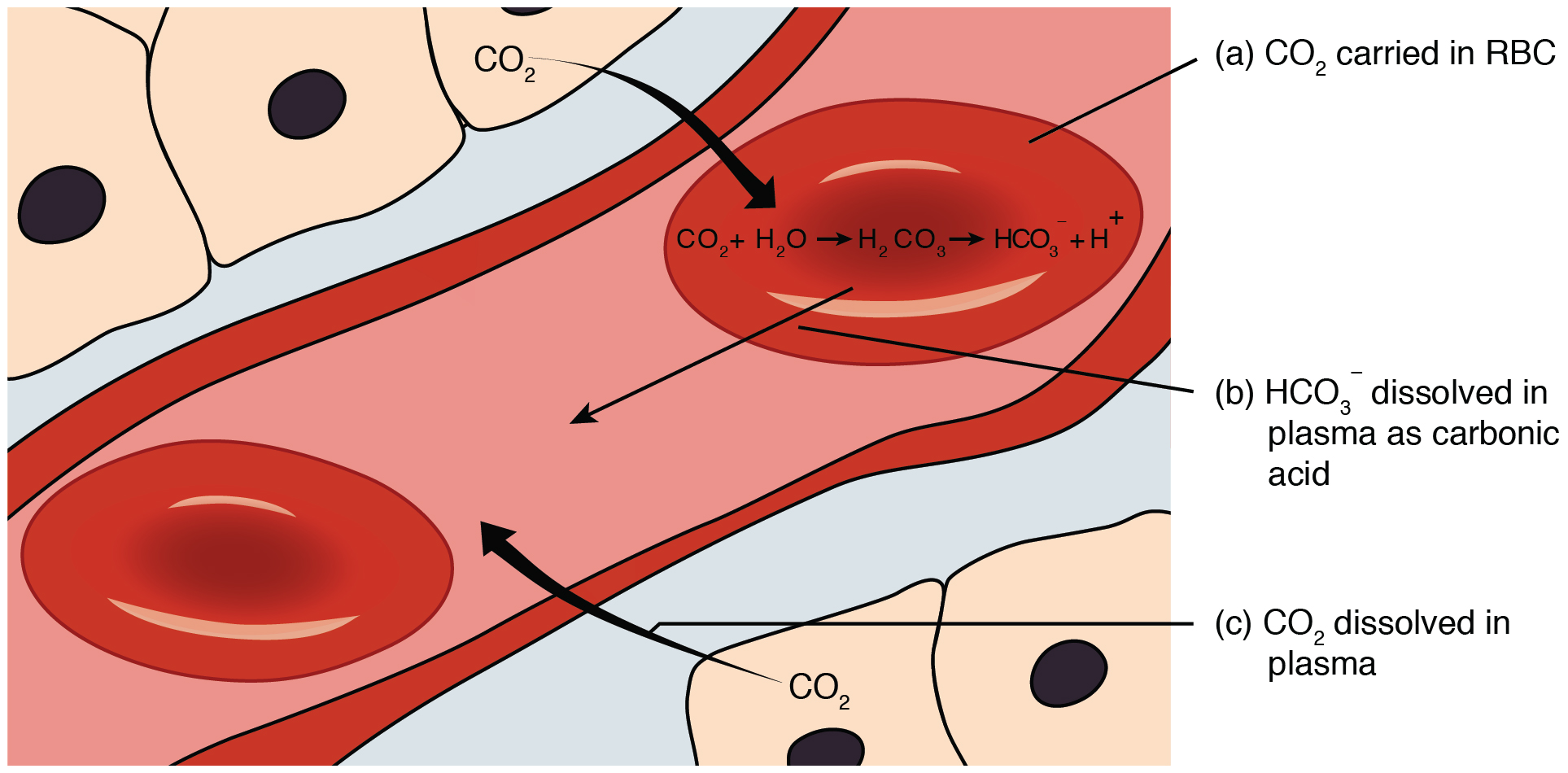
Contents
- 1
- 2 Signs and Symptoms of Dehydration in Athletes
- 3 Effects of Dehydration on Physical and Mental Performance
- 4 Strategies for Proper Hydration Before, During, and After Exercise
- 5 The Importance of Electrolyte Balance in Hydration
- 6 The Impact of Hydration on Muscle Recovery and Injury Prevention
- 7 Hydration Guidelines for Different Types of Workouts and Environments
- 8 FAQs
- 9 —
- 10 Stay Thirsty, My Friends!
performance“>The Role of Hydration in Athletic Performance
Hydration is like the secret weapon of athletes – it’s the ultimate performance enhancer that often goes overlooked. Picture this: you’re out on the field, running like a gazelle, dribbling past defenders with finesse, and then suddenly… *cue dramatic music* cramps hit! You’re left writhing in pain, wondering where it all went wrong. Well, my friend, it might just be that you forgot to drink enough water.
When you’re sweating buckets out on the court or field, your body is losing precious fluids that need to be replenished. Dehydration can lead to fatigue, muscle cramps, and decreased coordination – basically turning you from a superstar athlete to a clumsy duck in no time. So, what’s the solution, you ask? *drumroll* Hydrate like there’s no tomorrow!
Think of water as the MVP of your sports performance - always there to save the day. It helps regulate your body temperature, lubricates your joints, and delivers nutrients to your muscles. And let’s not forget the all-important electrolytes that keep your body in tip-top shape. So, next time you’re gearing up for a game, make sure to chug-a-lug that H2O like your athletic career depends on it.
Remember, staying hydrated isn’t just about guzzling water during exercise - it’s a lifestyle. Make sure to sip throughout the day, opt for hydrating foods like fruits and veggies, and don’t skimp on those post-workout beverages. Your body will thank you, and who knows, you might just end up breaking a sweat like a champ without a cramp in sight. Now go forth, hydrated warrior, and conquer the sports world!

Signs and Symptoms of Dehydration in Athletes
So, you think you might be dehydrated, huh? Well, let’s take a look at some signs and symptoms that athletes often experience when they aren’t getting enough fluids:
- Dizziness or lightheadedness
- Dark yellow urine (we won’t get too graphic here!)
- Cramps that feel like your muscles are staging a rebellion
And that’s just the tip of the iceberg! Other common signs of dehydration include:
- Headaches that make you feel like you’re being attacked by tiny ninjas
- Thirst that can’t be satisfied no matter how much water you drink
- Fatigue that hits you like a ton of bricks
So, if any of these symptoms sound familiar, it might be time to up your water game. Remember, hydration is key, folks!

Effects of Dehydration on Physical and Mental Performance
Ever tried running a marathon with a dry mouth and parched throat? Let’s just say it’s not the greatest idea. Dehydration doesn’t just affect your physical performance, but your mental game as well. Here are some of the effects of dehydration on both your body and mind:
For starters, your body is like a well-oiled machine that needs water to function properly. Without enough hydration, you might experience muscle cramps, dizziness, and fatigue. It’s like trying to run a race with a dead battery – you’re not going very far! So, drink up and keep those fluids flowing.
On the mental side of things, dehydration can leave you feeling foggy and unable to concentrate. Your brain needs water to stay sharp and focused, so don’t let it dry up like a raisin in the sun. Keep a water bottle handy and sip on it throughout the day to stay on top of your game.
Remember, staying hydrated is not just about guzzling down water when you’re thirsty – it’s a lifestyle. Treat your body and mind with the respect they deserve by giving them the hydration they need to perform at their best. Your future self will thank you!
Strategies for Proper Hydration Before, During, and After Exercise
Now onto the important stuff – how to properly hydrate yourself before, during, and after exercise. You don’t want to be known as the person who passed out during yoga class because they forgot to drink water, do you?
Here are some strategies to make sure you stay hydrated like a pro:
- **Before Exercise:** Start hydrating at least 2 hours before your workout. Sip on water or a sports drink to make sure you’re well-hydrated before you even break a sweat. Trust me, your body will thank you.
- **During Exercise:** Remember to drink water during your workout, especially if you’re working up a sweat. Take small sips to avoid feeling bloated, unless you enjoy feeling like a water balloon, of course.
- **After Exercise:** Once you’ve finished your workout, it’s important to replenish those lost fluids. Drink water or a sports drink to help your body recover and rehydrate. Maybe treat yourself to a coconut water if you’re feeling fancy.
So there you have it – the ultimate guide to staying hydrated like a boss. Follow these strategies and you’ll be well on your way to becoming the hydration hero of your exercise squad. Remember, water is your friend – don’t leave it hanging!

The Importance of Electrolyte Balance in Hydration
Have you ever felt like you were swimming in a sea of dehydration, with no electrolyte balance in sight? Well, fear not, because understanding is the key to staying afloat!
Electrolytes are like the cool kids at the hydration party – they help regulate fluid levels, muscle function, and nerve impulses. Without them, your body would be as lost as a pop star without their entourage. So, here’s why maintaining a proper electrolyte balance is crucial for staying hydrated:
- Electrolytes help your body absorb and retain water, preventing dehydration from crashing your hydration party.
- They assist in muscle contractions, so you can keep doing the salsa dance moves you love without cramping up like a rusty robot.
- Electrolytes aid in nerve function, ensuring that your brain can send signals to your body to hydrate - otherwise, you might forget where the water cooler is!
So, next time you’re reaching for a drink to quench your thirst, remember . Your body will thank you for keeping the electrolytes flowing like a well-oiled hydration machine!
The Impact of Hydration on Muscle Recovery and Injury Prevention
When it comes to muscle recovery and injury prevention, hydration plays a crucial role. Drinking enough water throughout the day can make all the difference in keeping your muscles functioning at their best. Here are some ways staying hydrated can impact your body:
- Improved Circulation: When you’re properly hydrated, blood flow to your muscles increases, delivering essential nutrients and oxygen to help them recover faster.
- Prevention of Cramps: Dehydration can lead to painful muscle cramps, so keeping hydrated can help prevent those pesky charley horses.
- Joint Lubrication: Proper hydration ensures that your joints stay lubricated, reducing the risk of injury during physical activity.
Think of staying hydrated as giving your muscles a refreshing drink of water after a long day at the office. Just like you need to quench your thirst, your muscles need hydration to perform their best and recover quickly. So, grab that water bottle, take a swig, and give your muscles the love and hydration they deserve!
Hydration Guidelines for Different Types of Workouts and Environments
When it comes to staying hydrated during your workouts, it’s important to consider the type of exercise you’re doing and the environment you’re in. Here are some hydration guidelines to keep in mind:
Indoor Workouts:
- For yoga or Pilates, sip on water throughout your practice to stay hydrated and avoid cramps.
- During spin class, make sure to chug water like you’re in a race against the person on the bike next to you.
- In a hot yoga class, bring a towel, a water bottle, and maybe even a personal fan—hydration is key when you’re sweating buckets.
Outdoor Workouts:
- When running in the blazing sun, take breaks to sip on water and reapply sunscreen because hydration is cool but sunburns are not.
- For hiking in the mountains, bring a camelback or a water bottle with a filter to stay hydrated while enjoying the great outdoors.
Unique Environments:
- When working out in a crowded gym, make sure to have your water bottle labeled with your name—no one wants to accidentally drink someone else’s backwash.
- In extreme cold weather, opt for warm beverages like tea or hot chocolate to stay hydrated and cozy AF.
FAQs
Why is staying hydrated important for athletes?
Well, if you want to avoid turning into a shriveled-up raisin on the soccer field, you should probably drink some water, okay?
How can dehydration affect athletic performance?
Picture this: You’re at the gym, going for that personal record on the bench press. But oh no, you forgot to drink water and now you feel like you’re lifting a Mack truck instead of a dumbbell. Hydration is crucial to keep your muscles firing on all cylinders!
When is the best time to drink water before and after exercise?
Forget about chugging a gallon of water right before your workout – unless you want to feel like you have a water balloon sloshing around in your stomach. Sip on water throughout the day and make sure to hydrate before, during, and after your workout to keep those muscles happy.
Are sports drinks better than water for hydration?
Sure, sports drinks can give you a boost of electrolytes, but they can also be packed with sugar and other questionable ingredients. Stick to good old H2O for your hydration needs – Mother Nature knows best!
What are some signs of dehydration that athletes should watch out for?
Feeling sluggish, cramping up like a pretzel, and having a headache that feels like a tiny drummer is playing in your skull – these are all signs that you might need to up your hydration game, my friend!
How can athletes track their hydration levels during training or competition?
Keep an eye on the color of your pee – yes, I said it! If it looks like apple juice, you need more water. Also, pay attention to how often you’re sweating and how thirsty you feel. Your body is pretty good at telling you when it’s time to drink up!
—
Stay Thirsty, My Friends!
Remember, staying hydrated is key to performing your best in sports and fitness activities. So don’t let dehydration rain on your parade (or your workout)! Grab that water bottle, stay hydrated, and keep dominating the game. Cheers to a hydrated and successful athletic journey!

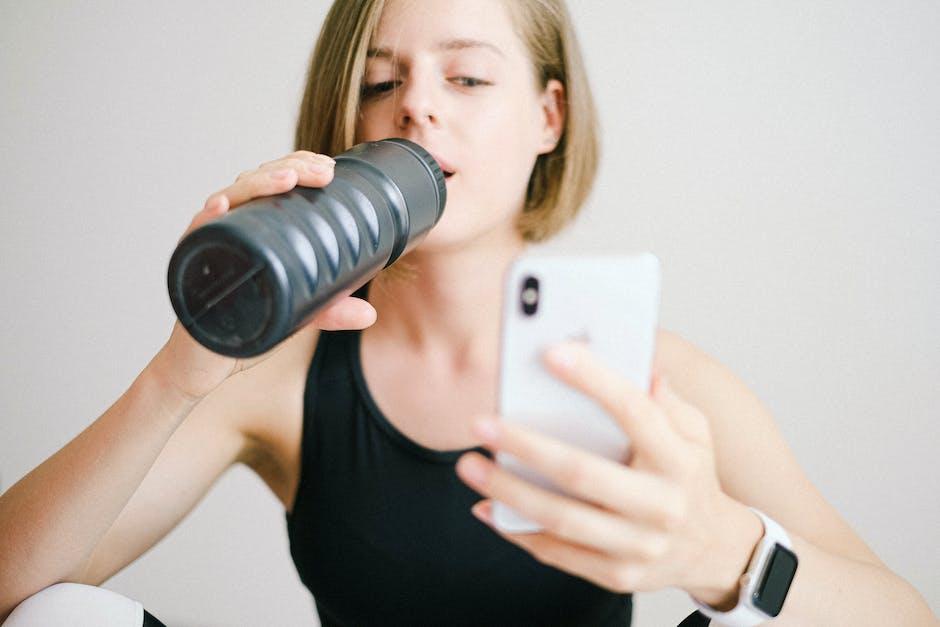
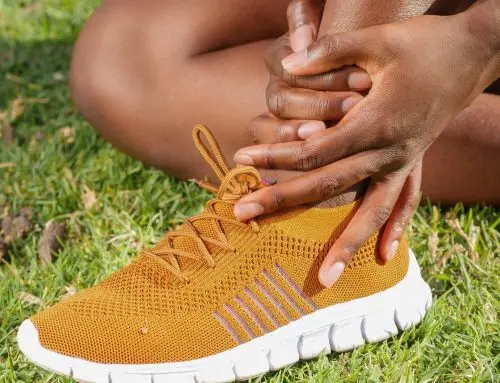
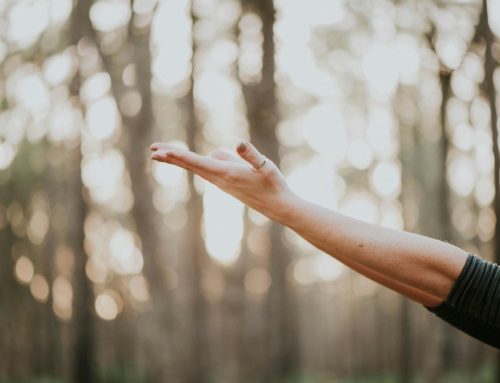


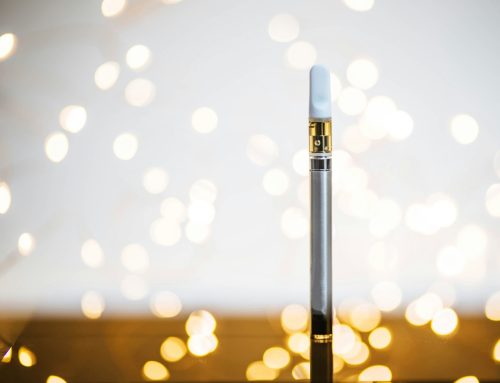
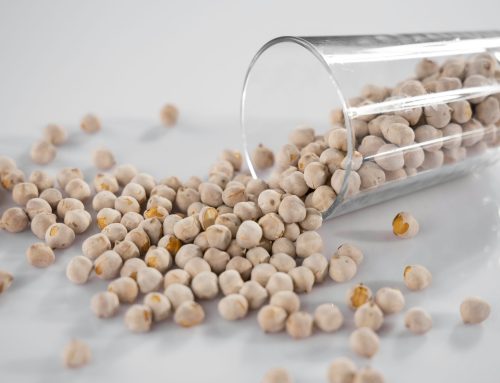
Leave A Comment